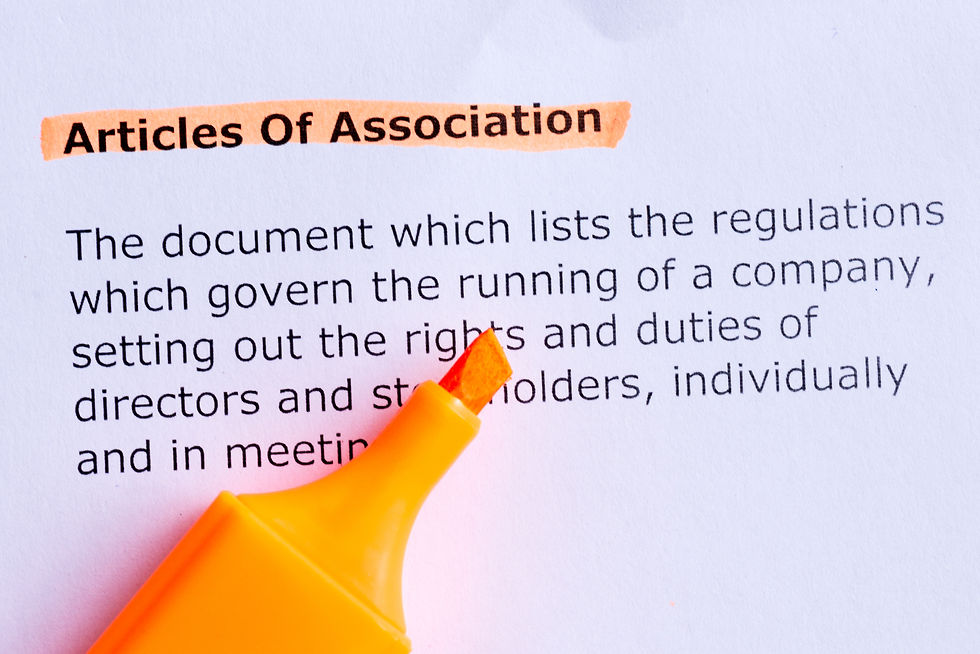Getting your VAT return right
- claireslk
- Nov 5
- 3 min read

If you’re running a business, few things strike fear into the heart like the words “VAT return due.” It’s one of those tasks that seems simple on the surface but quickly becomes complicated once you’re knee-deep in invoices, receipts and tax rules.
That’s where having an accountant, or at the very least, training from one can make all the difference. Why is this a good idea?
VAT Rules Are Complex (and Constantly Changing)
Value Added Tax isn’t just about adding 20% to your sales. There are exemptions, reduced rates, reverse charges, flat-rate schemes and thresholds that can shift over time. HMRC also updates guidance regularly, and what was acceptable last year might not fly this year.
As qualified accountants we keep up with these changes. We know when new rules apply, how to interpret them for your sector and how to ensure your business remains compliant. Even a short training session with us can help you understand what you need to do differently going forward.
Avoid Costly Errors and Penalties
Simple VAT errors, like claiming VAT on non-eligible expenses or missing the correct reporting period, can lead to costly fines or HMRC investigations.
As accountants we don't just fill in boxes; we help ensure your numbers add up properly and your evidence backs up every claim. And if you prefer to handle VAT returns yourself, getting trained by us gives you the confidence to spot mistakes before HMRC does.
What to Do If You Discover an Error on Your VAT Return
Even with the best systems, mistakes can happen. HMRC understands this, which is why there’s a clear process for correcting VAT errors but it’s vital to get it right.
Here’s how it works:
For small Errors (Under £10,000, or up to £50,000 if under 1% of turnover) you can adjust it on your next VAT return.
If the total error is over £10,000 or above 1% of your VAT turnover (up to £50,000), or if it was due to carelessness or deliberate action, you must report it to HMRC directly using form VAT652 (the Error Correction Notice).
Better Cash Flow and Planning

VAT isn’t just a compliance issue it’s also a cash flow one. If you collect VAT from customers, you’re effectively holding that money on behalf of HMRC until your return is due. Get it wrong, and you might accidentally spend money that isn’t yours to keep. We can help you forecast your VAT liabilities, plan payments and even suggest schemes that could improve your cash flow (like the Flat Rate Scheme or Cash Accounting). Understanding this through training can help you make better day-to-day decisions about your finance.
Save Time and Reduce Stress
Let’s face it: VAT returns take time, and mistakes take even more. When you work with an accountant, you can hand over much of that stress. And if you prefer to stay hands-on, training from your accountant helps you streamline the process, set up efficient bookkeeping systems and use accounting software effectively.
That means less time worrying about compliance and more time focusing on your business.
Getting your VAT return right isn’t just about ticking a box, it’s about protecting your business, improving your finances and staying on the right side of HMRC.
Whether you hire an accountant to handle it all or invest in a bit of training to do it yourself, you’ll be saving yourself headaches, money and sleepless nights in the long run.
A good accountant doesn’t just file your VAT return, they empower you to understand it.








Comments